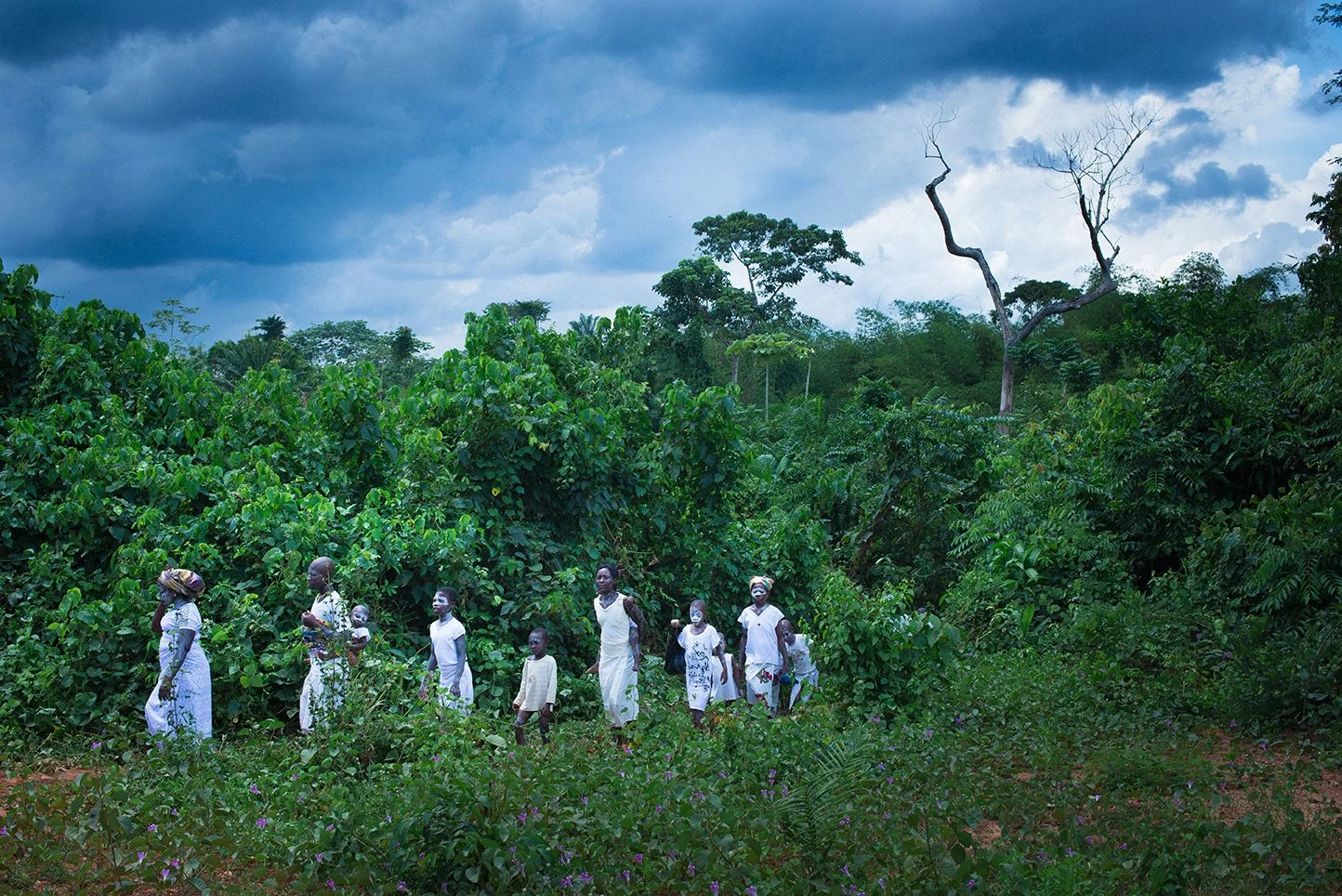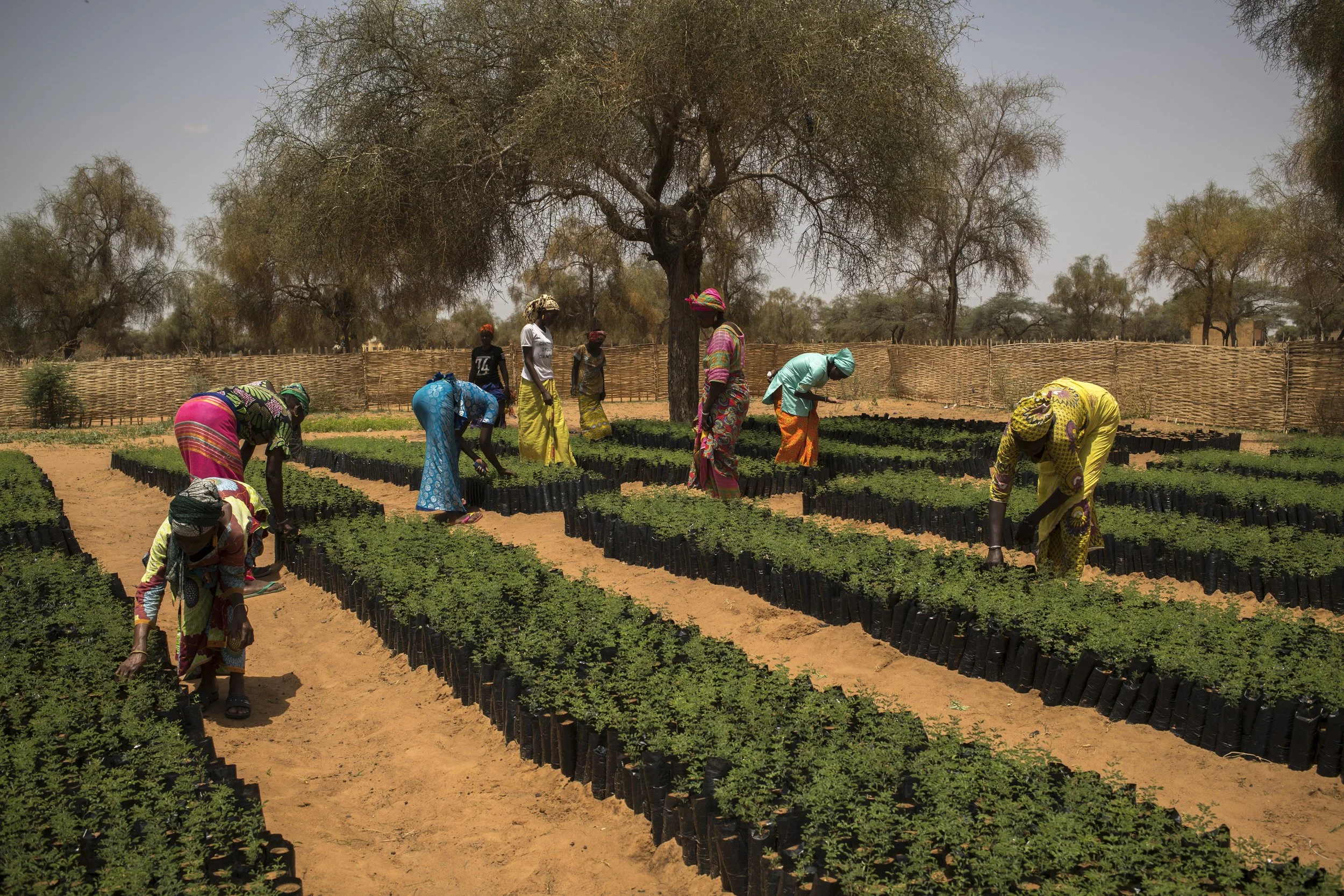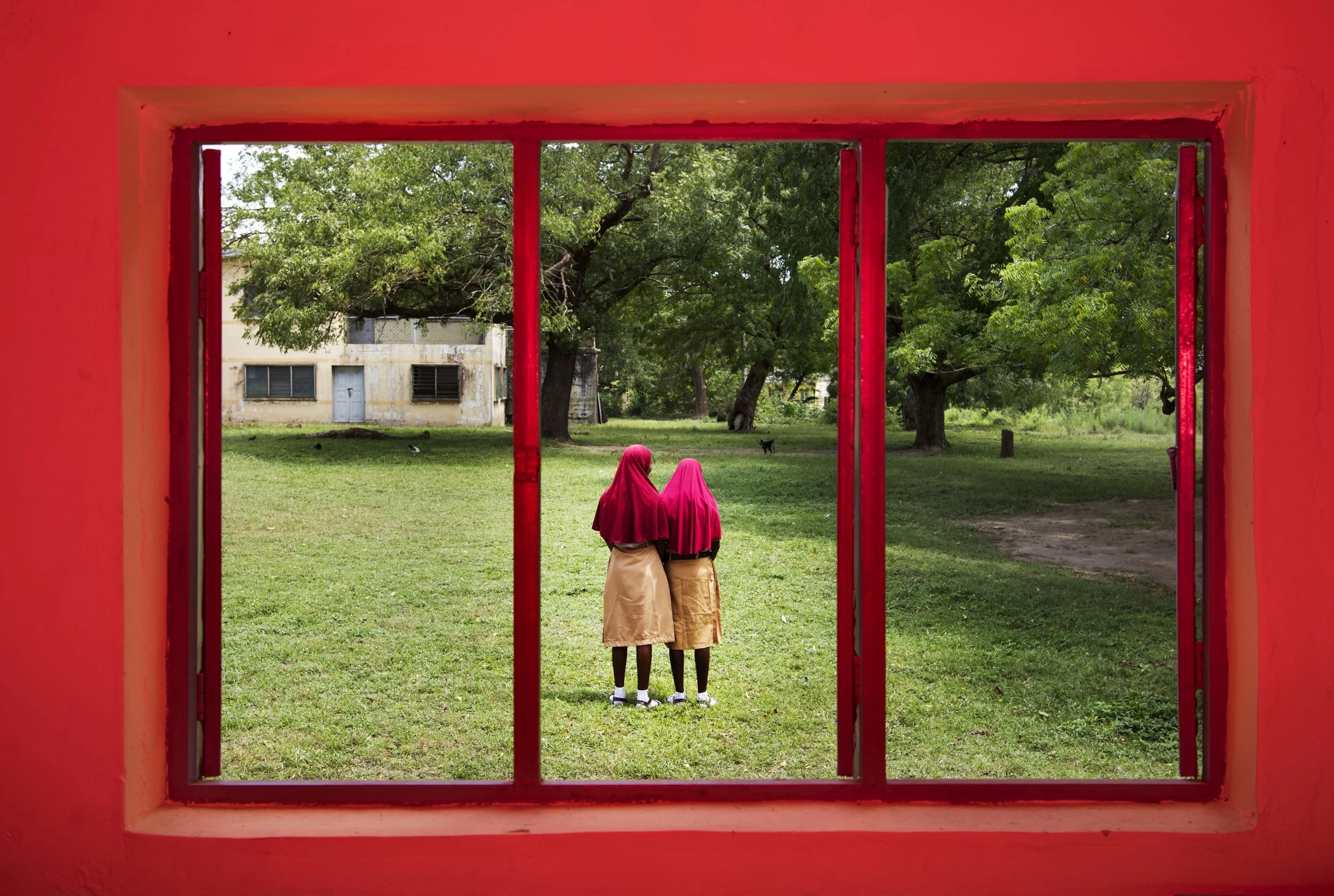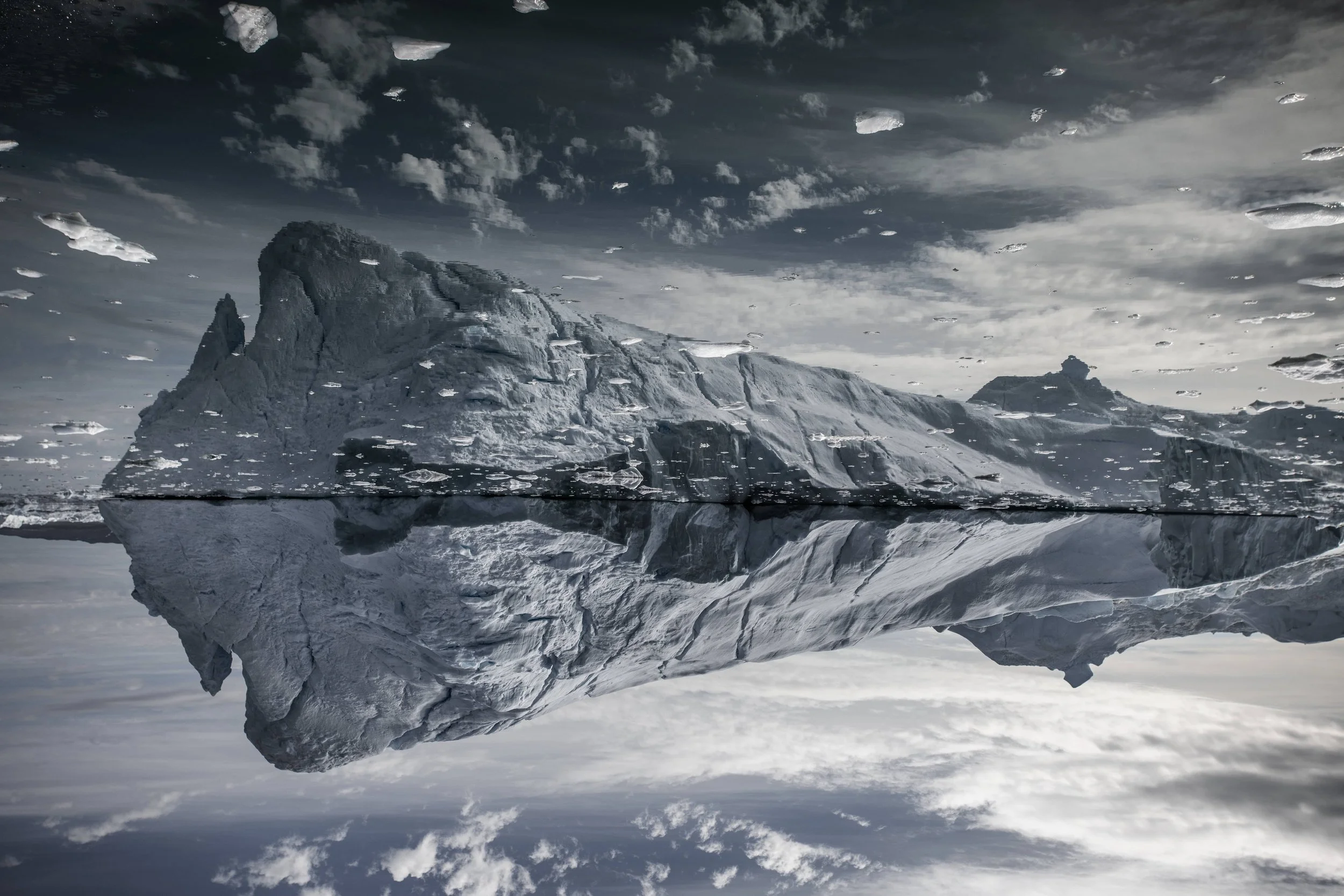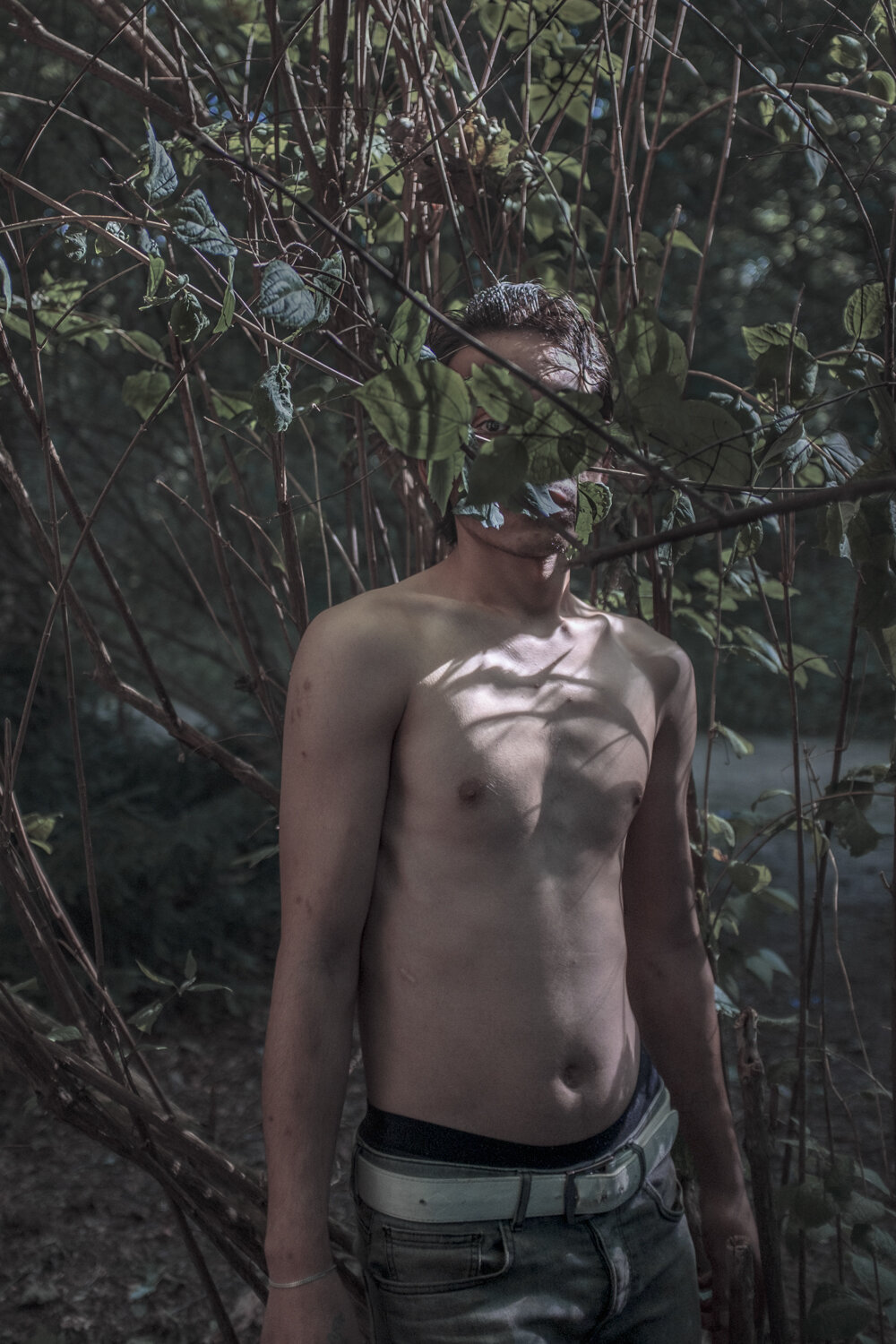Egyptian visual researcher Heba Khamis' work concentrates on the sensitive, tabooed, social issues related to the body. In 2018 and 2019, her projects were awarded at the World Press Photo prize. Her work has been recognised as well with other international awards including the PHMuseum grant and the Ian Parry Scholarship award.
After graduating with a bachelor in painting, Heba Khamis had a career shift and worked as a photojournalist, covering the two revolutions in Egypt and it's aftermath. Currently, she is working on the topics of breast ironing in Cameroon, and transgenders in Egypt. Her latest series "Black Bird" uncovers stories of gay prostitution among straight refugees in Germany.
Through developing her storytelling visual language, she considers herself as a visual researcher after having working as a photojournalist, documentary photographer, and now as a storyteller. She carries the ethics of traditional documentary form with her, but believes the need to care further about the subjects while telling their stories. Beyond her usual photographic approach, she adds different elements and mediums belonging to the subjects to her stories.
Recently, she has been interested in art therapy, where she would like to involve the protagonists more, giving them the chance to express themselves and interact in telling their own story, by adding their drawings alongside her photographs.
Heba Khamis is based between Alexandria, Egypt and Amsterdam, The Netherlands.

